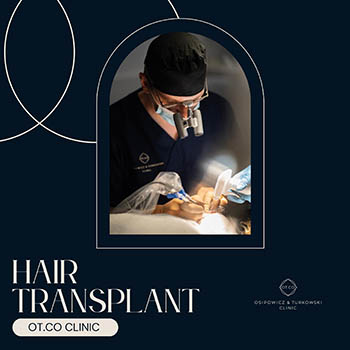TL;DR:
- Herpes is caused by the Herpes simplex virus (HSV), divided into HSV-1 (commonly acquired in childhood) and HSV-2 (via sexual contact).
- Over 90% of people carry the virus, which remains dormant in the body (trigeminal or lumbosacral ganglion) and reactivates due to factors like stress, fatigue, hormonal changes, or immunity decline.
- Symptoms: Skin burning, redness, blisters (with infectious fluid), followed by painful erosions, drying into scabs over ~10 days.
- No full cure exists; prevention includes hygiene, immunity care, and safe practices.
- Treatment: Acyclovir (slows viral multiplication); antibiotics for bacterial infections.
- Ledotherapy (light-based treatment) boosts immunity but is unsafe for certain groups (e.g., pregnant, autoimmune conditions). Also treats acne, psoriasis, and inflammation.
Herpes, or cold, is a herpes infection, manifested by a skin lesion located most often on the lips. It is caused by the Herpes simplex virus (HSV), which ** is divided into two types – HSV-1 and HSV-2.** Herpes is an infectious disease that we contract most often in childhood (HSV1 type) and during sexual contact with the virus carrier (HSV2). More than 90% of the population has dealt with this virus, but many people have not developed symptoms of the disease. People who have contracted herpes at least once are already carriers for the rest of their lives and can transmit the virus to others. The virus remains dormant in the trigeminal ganglion (HSV1) or the lumbosacral ganglion (HSV2), and when exposed to various factors, it reactivates and develops herpes.
How does herpes zoster manifest itself?
The disease can manifest itself with declines in immunity, menstruation, trauma, hormonal changes, malnutrition or with stress and fatigue. At first, the skin at the site of herpes formation becomes tight and begins to burn, to then cause redness and the appearance of papules, filled with serous fluid, which tend to cover a large area of skin between the nose and upper lip. Up to 10 days, the blisters burst, while releasing serous fluid. It is this fluid that contains viruses and causes infection. After the blisters burst, painful erosions begin to form in this area, which after about a week begin to dry out and turn into scabs. These should not be ripped off, but allowed to fall off on their own, as ripping them off can lead to bacterial infection and leave scars.
How to treat herpes?
Complete cure of the disease is unfortunately not possible, as it is very difficult to protect against infection. The risk of transmission can be eliminated by observing proper hygiene (separate cutlery and utensils, your own lipstick, safe sex) and taking care of immunity. Most often, untreated herpes disappears on its own, up to two weeks at the latest, but this time can be shortened. The most popular way is medication with acyclovir, a substance that inhibits viral multiplication, which shortens the time the virus persists in secretions. If, on the other hand, a bacterial infection develops, antibiotic therapy should be instituted.
Ledotherapy for herpes
Ledotherapy is an innovative method of fighting herpes, performed in aesthetic medicine offices, based on the effect of light on the body. Led therapy stimulates the production of collagen and elastin, improves blood circulation and skin nutrition, and translates into better functioning of the immune system, which fights the virus. It is a painless and safe method, but is discouraged for tanned people and those taking medications with beta-carotene, pregnant and breastfeeding women, diabetics, people with autoimmune diseases and cancer. In addition to herpes, ledotherapy is also used to treat inflammation, psoriasis or acne.
Conclusion
Herpes is caused by the HSV virus and is highly contagious. It lives in the body for life, reactivating with triggers like stress or fatigue. While there’s no cure, treatments like acyclovir and good hygiene help manage outbreaks. Innovative options like ledotherapy may also support the immune system. Managing herpes requires awareness, prevention, and proactive care. Take steps to protect yourself and minimize symptoms. Staying informed ensures a better quality of life.






